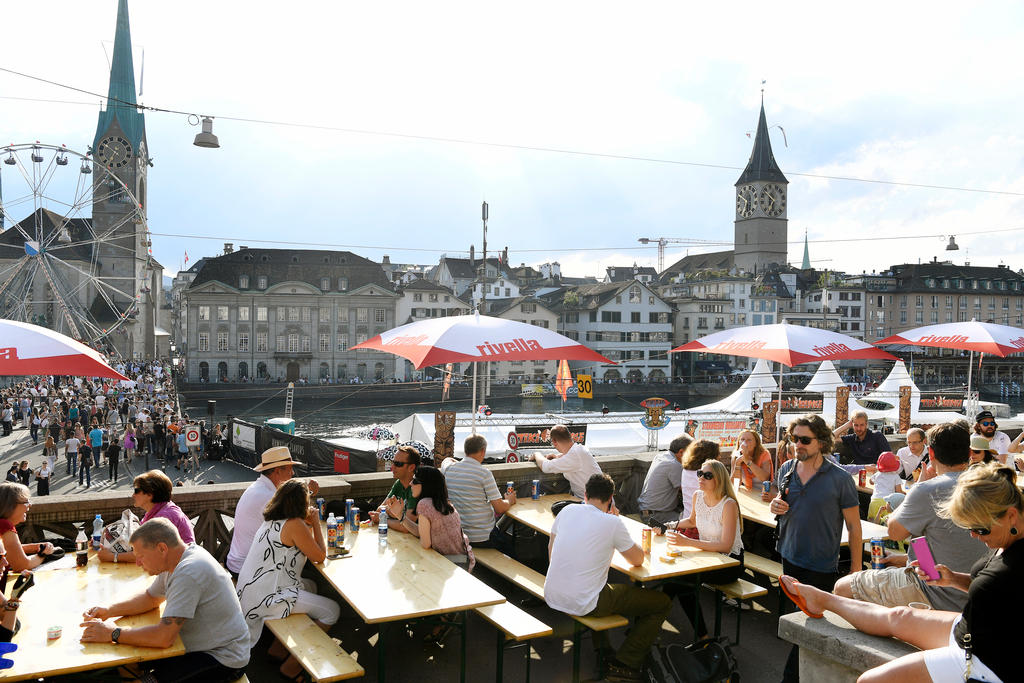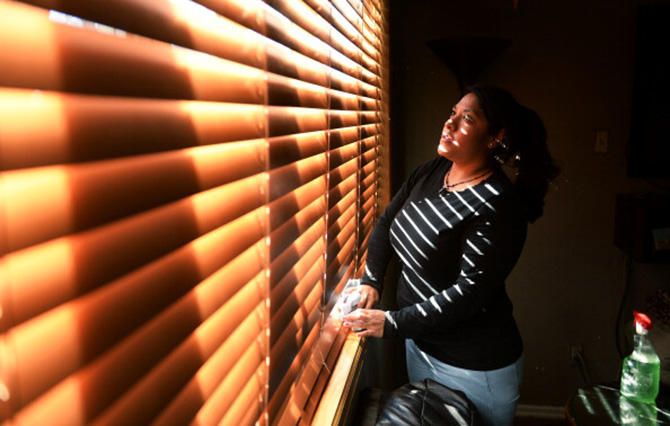
Zurich wants ID cards for all – even illegal immigrants

The Zurich city parliament has voted in favour of introducing identity cards for all residents, including so-called sans papiers - those who are in the country illegally.
On Wednesday, the city’s legislative body adopted a motion calling for all residents of the city, including undocumented migrants, to be able to obtain and use an identity card. The city council, which had opposed the idea, now has two years to draft a bill to this effect.
The proposal by left-wing, environmental and alternative groups was approved by 64 votes to 41 with 12 abstentions. The conservative right Swiss People’s Party, the centre-right Radical-Liberal Party, and the centre-right Protestant Party opposed the motion.
The so-called “Züri City Card” would allow residents to identify themselves to the authorities, in particular the police, say its backers. Supporters also want the card to allow holders access to public and private services without fear of arrest, as is done in New York.
In a position paper published in September, the Zurich city executive voted against this project.
“Creating the illusion of protection against the law on foreigners is dubious and could give undocumented migrants a false feeling of security,” the municipal officials said. It is estimated that Zurich has around 14,000 clandestine residents.
Other cities, like the Swiss capital Bern, are also considering introducing a similar “City Card”. The city of Geneva has gone further with its pilot Papyrus project that plans to regularise around 2,000 undocumented migrants provided they meet certain criteria.

More
A new life for 1,000 illegal immigrants in Geneva

In compliance with the JTI standards
More: SWI swissinfo.ch certified by the Journalism Trust Initiative

























You can find an overview of ongoing debates with our journalists here . Please join us!
If you want to start a conversation about a topic raised in this article or want to report factual errors, email us at english@swissinfo.ch.